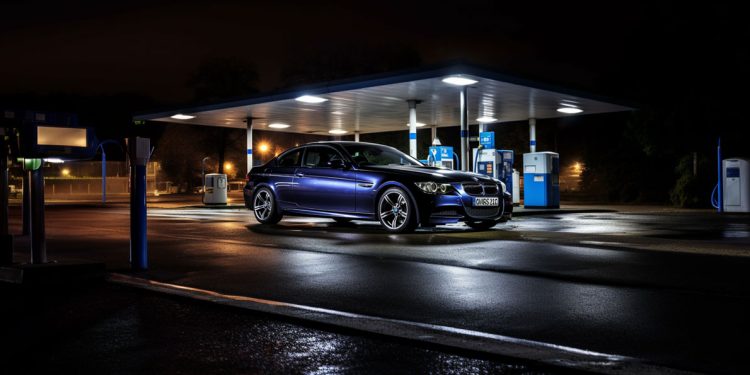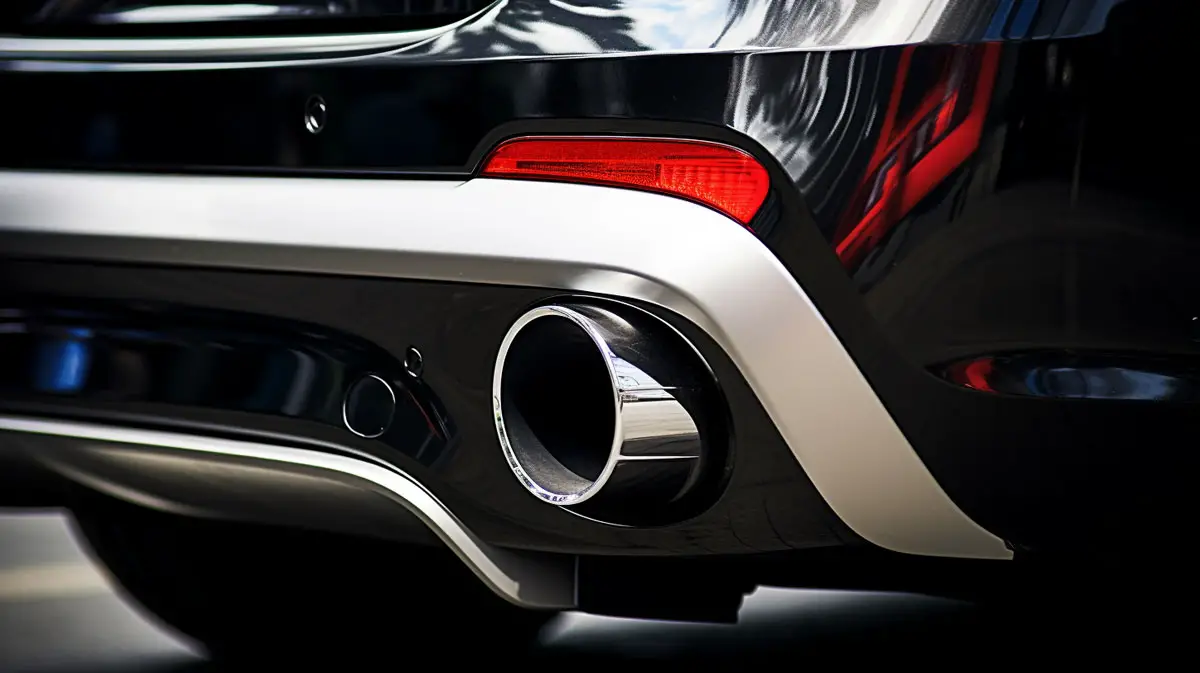Could BMW Diesel Owners Be Owed Thousands in Compensation?

Diesel engines are generally fuel-efficient, emitting less carbon dioxide than their petrol counterparts. However, they also release more nitrogen oxides (NOx), which have been linked to respiratory and cardiovascular problems in humans. In response to this issue, the European Union introduced strict regulations on NOx emissions for new vehicles in 2009. These regulations set a limit of 180mg per kilometre for diesel vehicles.
In 2015, the Volkswagen Group was caught cheating emissions testing by incorporating a defeat device into their diesel cars, which would temporarily reduce NOx emissions during testing but not in real-world driving conditions. This made it appear the cars were cleaner than when on the road. This scandal led to increased scrutiny of other car manufacturers, including BMW.
Allegations of Cheating
In December 2017, the NGO Environmental Action Germany (DUH) raised concerns about BMW’s use of an illegal defeat device to manipulate nitrogen oxide (NOx) emissions in one of its diesel models. BMW denies these accusations and asserts that it has not employed such devices. To investigate these claims, Germany’s transport ministry has directed the Federal Motor Transport Authority (KBA) to conduct an inquiry.
According to DUH, the car’s emission control system is intentionally restricted when the engine surpasses 2000 revolutions per minute and is completely disabled beyond 3500 rpm. This restriction, DUH claims, violates regulations as it adversely impacts regular driving conditions.
Following these allegations, BMW recalled over 300,000 cars in the UK, including the 3 Series, 4 Series, 5 Series, 6 Series, X3, and X4 models. The recall aimed to update the software of the affected vehicles to reduce NOx emissions.
In April 2019, the European Commission formally accused Volkswagen (VW), BMW, and Daimler of engaging in illicit collusion to circumvent competition in emissions reduction technology.
Legal Action
A recent High Court ruling found that UK diesel owners could take legal action against the company. Lawyers are currently investigating the scale of the issue, but it is estimated that around 9 million diesel owners in the UK could be affected.
Experts predict that compensation payouts for each affected driver could be in the region of £12,000. This is based on figures from similar cases and the amount of money owners of affected Volkswagen cars received as part of the Dieselgate settlement. If a third of owners make claims and these claims are successful, the resulting payout could be as significant as the infamous PPI scandal, which cost banks a staggering £38 billion.
Several top legal firms, including Leigh Day, Slater & Gordon, and PGMBM, are vying for the attention of drivers. Diesel cars manufactured from 2007 to 2018 are thought to have the highest emissions levels and are therefore eligible for the highest compensation amounts.
It’s important to note that not all BMW diesel cars are affected by the issue and that the make and model of the vehicle, as well as the engine variant, will determine whether a driver is eligible for compensation.
BMW Response
BMW denied any wrongdoing and stated that its vehicles comply with European and national emissions regulations. The company said they do not manipulate or rig any emissions tests. The company has also argued that the software update had “no adverse effects” on the performance of its cars.
Can BMW Diesel Owners Claim Compensation?
Yes, BMW diesel owners can claim compensation for the deception committed by the car manufacturer. There are two main ways to claim BMW emissions compensation: through the courts or a group action lawsuit.
In a court case, an individual BMW diesel owner can take legal action against BMW for their deceitful practices. A court case can be expensive, but the compensation could be significant if successful.
Alternatively, a group action lawsuit is a legal case from a group with similar claims. This is a more cost-effective way of claiming compensation, as the group shares the fees. However, for a group action lawsuit to be successful, many claimants must be involved. Individuals interested in filing a diesel can check their eligibility at Claimexperts.co.uk.
Key Takeaways
The issue of emissions cheating in the automotive industry has been contentious in recent years, with high-profile cases involving Volkswagen and other manufacturers. While BMW has denied any wrongdoing, legal action is underway on behalf of thousands of diesel owners who claim that the company’s actions have devalued their cars and breached consumer laws.
If the legal action is successful, BMW could be forced to pay out thousands of pounds in compensation to affected owners. However, the case outcome remains uncertain, and it may be some time before a verdict is reached.
In the meantime, diesel owners concerned about their vehicles’ emissions levels may wish to consider having their cars tested independently and reach out to a BMW diesel compensation claims expert. They could help determine whether their vehicles emit more NOx than they should and provide a basis for future legal action.










